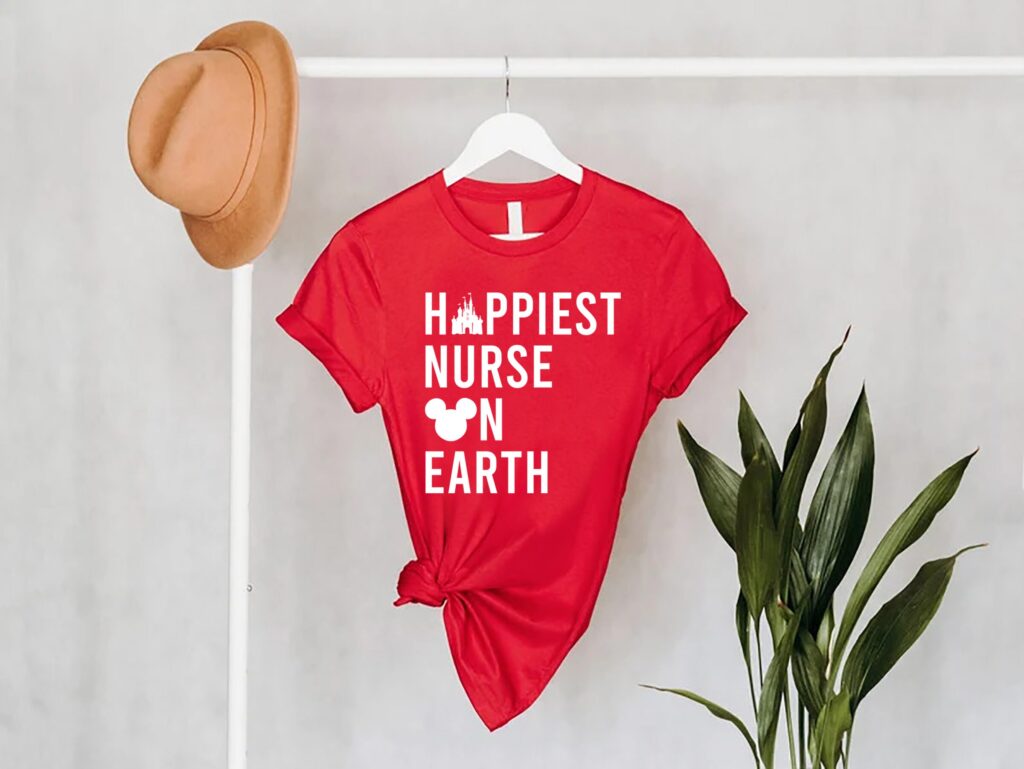Nurses are recognized as professionals in the “most trusted profession” for twenty-two, consecutive years, now. Moreover, according to a yearly Gallup poll survey, this year, 78 percent of U.S. adults believe nurses have a high ethical and honest standard.
Nevertheless, nurses are in need of more help.
Nurses Face an Erosion of Trust
When the COVID-19 pandemic started, it left the world waiting for the virus to finally settle and effectively, dissipate. The ever-present, un-settled pandemic is still causing intense and complex consequences to many…including nurses.
We can see this, as evidenced, by the increased violence, persistent mental health issues, deepening shortages, and moral suffering.
Consequently, nurses need help at this critical time.
During an interview by Tom Canalichio of Newswise, on January 31, 2024, Dr. Cynda Hylton Rushton, Professor of Clinical Ethics at the Johns Hopkins Berman Institute of Bioethics and the School of Nursing, briefly explains what’s taking place in the nursing profession,.
“One of the consequences of the pandemic is what I kind of refer to the long tail of COVID, which is this sort of reflection in all aspects of our lives of the consequences of our disconnection with each other, the escalation and violence, the ways in which our human connections have been fractured in one way or another.”
Most people are aware of the kinds of sacrifices that nurses make on a daily basis — especially during the COVID pandemic. And, just as there’s essentially an erosion of trust in institutions and people, nurses feel that attrition, as well.
Challenges
Patients are experiencing the consequences and frustration of not having enough nurses. As a result, receiving care under really constrained and challenging circumstances, patients become unsatisfied with the care they’re receiving.
The nurse is found at the forefront of people who are ill. Ultimately, they resign to withstand the worst of patients’ frustration — whether it’s with the patient’s institution where they’re receiving care, or their community, or a patient’s individual frustration with current events taking place around the world, today. In addition, the ways in which we are surely at odds with one another.
In the midst and middle of all this frustration and confusion, nurses are quite unique!
And what’s unique about nurses comprises of a multitude of deserving accolades.
For instance, nurses take a whole person perspective. They see patients as not just body parts. They look at how this person responds to a disease. They try to define our illnesses. They want to know how they can help patients to harness the resources they have to offer.
A nurse asks,
“How do we help them get the resources they need to live as well as they can under change circumstances?”
In essence, if you have a problem, ask a nurse, because nurses are innovators and system thinkers. They figure out how to make things work, even when they don’t appear to work.
Training and Practice
Many people do not understand the rigorous, intensive, and complex training of nurses.
Nurses learn a myriad of different aspects of how the body works.
Additionally, they also learn to think about people in a holistic way. That training is intense…it requires much practice and much preparation. A nurse, who has been trained and has developed skills over time, is a priceless resource.
Furthermore, you cannot just replace a nurse with another body; there’s a lot of expertise that accumulates over time that really makes a difference for patient outcomes.
People value competence; they value somebody who knows what they’re doing. A skilled and knowledgeable nurse is someone that makes a difference. One can rely on their ability to anticipate problems and responds to the ones that are present… and in due course, help us manage whatever the outcome is.
Many patients trust a nurse because they are in close and near.
Offering Help
Nurses have suffered a lot during the pandemic. They have had a very alarming level of burnout. In the most recent survey data, at least half of nurses are demonstrating symptoms of burnout; they’re experiencing high levels of stress.
In addition, research shows one in four nurses experienced symptoms of moral injury. Surprisingly, there exists an endless stream of violence against nurses. One in four nurses experience physical violence while nursing. Many of them experienced verbal violence.
A nurse is motivated and inspired from his or her patient. And when a patient turns against them, a nurse will question, whether and why they should continue nursing.
These problems have been around for decades. But the pandemic is really made them very clear.
Dr. Rushton notes:
“Nurses want to be able to use their knowledge, their skills, their compassion, their competence, to benefit people, when you cannot do that, it begins to erode our sense of who we are our identity, our sense of wholeness as a person, or integrity.”
Nurses are often somewhat hesitant to receive appreciation. However, it means a great deal when appreciation comes from the people that they take care of. It means so much!
Somewhat, needless to say, it goes a long way, helping to acknowledge the work a nurse does, often in truly, challenging circumstances and conditions.
“Thank you” is a great response!